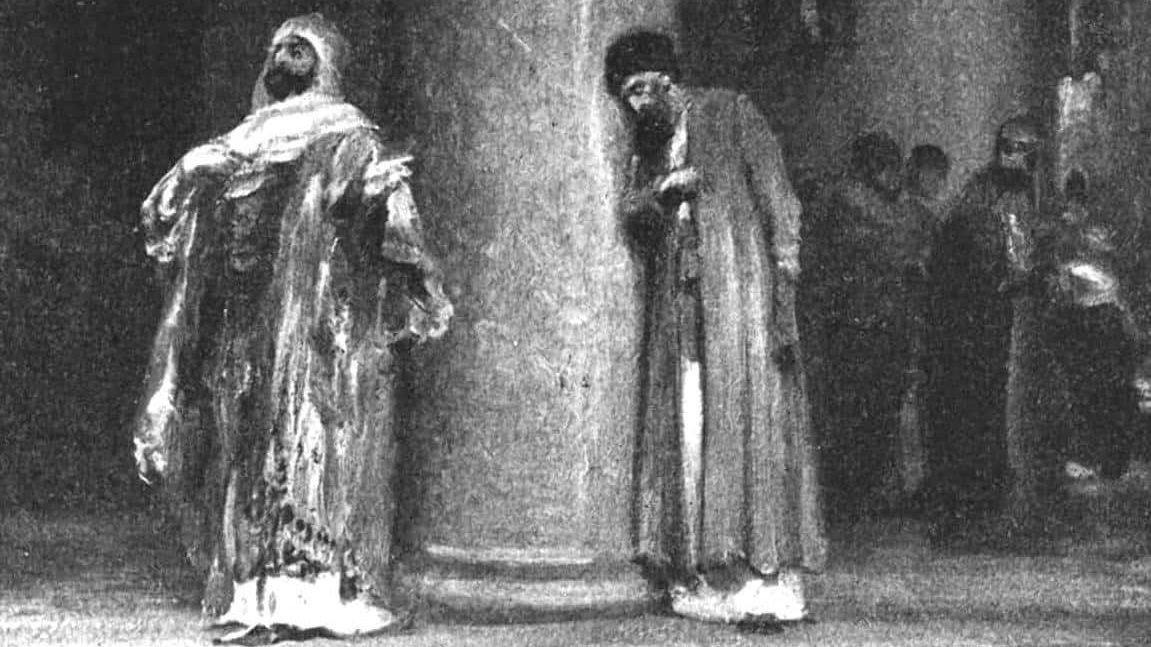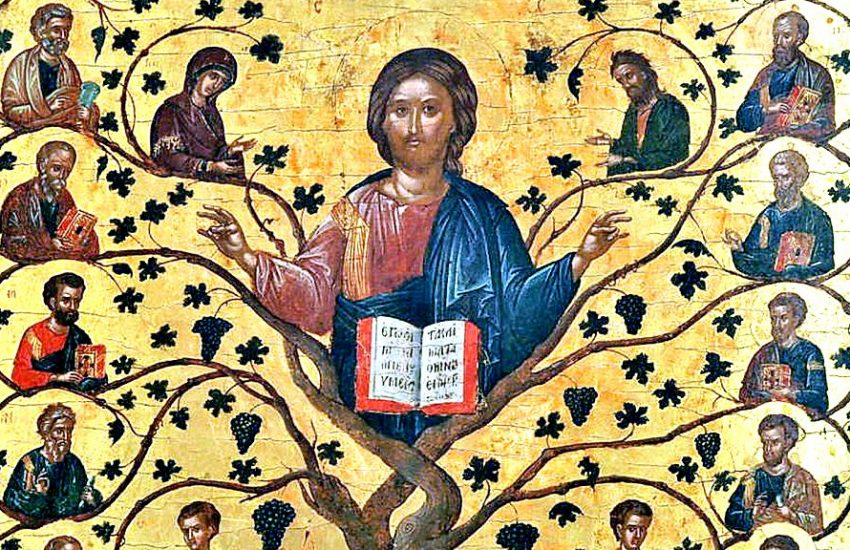The Lord Hears the Cry of the Poor
30th Sunday of Ordinary Time (Year C)

“The Lord hears the cry of the poor.” Our psalm response for this Sunday’s Mass is taken from verse seven of Psalm 34: “This poor one cried out and the Lord heard, and from all his distress he saved him.” That the Lord has special care for the poor is of no surprise to anyone familiar with the themes of scripture. While God loves everyone and makes the sun shine and the rain fall on the bad and good alike (cf. Mt 5:45), he seems to show special care for those who have greater need.
This idea is reenforced in our first reading, from Sirach, which, while affirming that God “knows no favorites” (Sir 35:15), goes on to attest that “he hears the cry of the oppressed. The Lord is not deaf to the wail of the orphan, nor to the widow when she pours out her complaint” (Sir 35:16-17). Jesus identifies so much with the poor that he tells us whatever we do (or fail to do) to “the least of these my brethren, you have done (or failed to do) to me” (cf. Mt 25:31-46).
So it may seem a bit odd that Jesus, in the parable we hear this Sunday, chose a wealthy man as the “good example” of someone whose prayer is heard (see Lk 18:9-14). This parable is about two people, a Pharisee and a tax collector. Of these two, you would expect the prayer of the Pharisee to be most effective. The scriptures say that “the prayer of a righteous person is very powerful” (Jas 5:16), and the Pharisee is doing his best to follow the laws of Moses, fasting, and paying tithes on his income. The tax collector, on the other hand, is colluding with the occupying Roman authorities to coerce people out of their money.
This is why tax collectors were so hated in ancient Jewish society. They amassed their wealth off the backs of their own people. Tax collectors were allowed to add a “fee” to what they collected. Whatever excess they collected above and beyond what the Roman government required of them was their pay. It was basically government approved theft, and the only reason people agreed to do it (knowing they would be ostracized) was for the chance to become wealthy. So when Jesus identifies this man as a tax collector, his listeners would not imagine someone who is even remotely poor. Rather they would imagine someone who had gotten rich by exploiting others.
So why, then, was the tax collector’s prayer heard, while the Pharisee’s was not? It’s because the tax collector had a different kind of poverty — poverty of spirit. The Pharisee may have been poor or he may have been wealthy; we’re not told. What we do know is that he thought pretty highly of himself; so much so that he thanked God “that I am not like the rest of humanity.” And notice one significant detail in this parable. Jesus says the Pharisee “spoke this prayer to himself” (Lk 18:11). This speaks volumes. The Pharisee, content with his own righteousness, didn’t see a need to ask anything from God, therefore God doesn’t give him anything.
By contrast, the tax collector, though wealthy, recognized in his heart a need for mercy and forgiveness. He was rich in goods, but poor in goodness, and because he admitted his need for grace, he was able to receive grace. His simple prayer, “O God, be merciful to me a sinner” (Lk 18:13) was heard.
This is why the Catechism of the Catholic Church says that “humility is the foundation of prayer” (CCC 2559). Only when we recognize our spiritual need will God fulfill our need.
We all need mercy from God, not only in the form of forgiveness but in so many other ways. Mercy in Latin is misericordia which literally means “a heart for suffering,” and indicates compassion, a willingness to “suffer with.” Whatever your suffering is, whatever grace you need, God is there to sustain you through that. One of the most tried and true Christian prayers is, “Lord Jesus Christ, Son of God, have mercy on me, a sinner.” A very short form of this prayer is, “Lord, help me,” or “Lord, have mercy,” (Kyrie eleison in Greek).
It doesn’t matter how much (or how little) you have in your bank account. We must all strive for spiritual poverty. The more spiritually poor we are, the more we open ourselves to God’s grace, which is why Jesus teaches: “Blessed are the poor in spirit, for the kingdom of heaven is theirs” (Mt 5:3).



